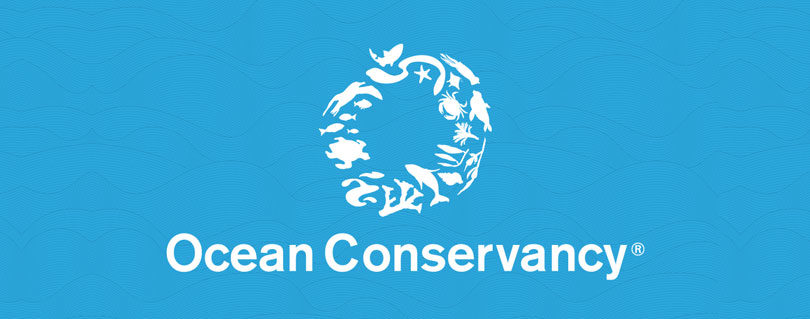Inuit Voices on Canada’s Northwest Passage
Published by Ocean Conservancy
For most of us, Canada’s Northwest Passage still conjures a romantic mystique: the lure of explorers, hardship, dreams, riches and failure. Where the Arctic explorers Franklin searched and died and where Amundsen at last succeeded, tour ships cruise today and the entire route can be sailed at times without encountering ice. And yet, the Northwest Passage remains a draw for the adventurous, even as it is also a bellwether for change and a symbol for geopolitical posturing.
At the same time, the Northwest Passage is home, a place of comfort and continuity to thousands of Canadian Inuit in 53 communities built on or near the shores of the Arctic Ocean. The mythical qualities projected on the Arctic by questing Europeans have little resonance with those for whom the region holds no mysteries, but is simply a known and inhabited land, imbued with the rich spiritual connections that bind humans and animals, and humans and the world of which they are a part.
The loss of summer sea ice in the Arctic is opening the Northwest Passage to the commerce first dreamed of by early geographers and explorers. It is creating economic opportunities for those who live along the shipping routes or control resources that can now be profitably exploited and exported.


This change creates a grand, if fleeting, opportunity to chart a new course in Arctic conservation, fully engaging Inuit and fully preparing for what will come in the next decades. If careful planning can replace grab-and-go opportunism, if traditional practices can be valued along with mineral wealth and if Inuit can help guide development instead of being “developed,” then Arctic societies can turn today’s changes into tomorrow’s well-being. They can also then demonstrate that environment and economics need not be in conflict and can sustain what exists while allowing for innovation and growth.
This month Canada’s national Inuit organization, Inuit Tapiriit Kanatami, made a fascinating contribution to that vision with a new report called “Nilliajut 2: Inuit Perspectives on the Northwest Passage, Shipping and Marine Issues” and a documentary film that I recommend if you want to hear firsthand the diverse and powerful voices of Inuit who live throughout the Northwest Passage.
A theme throughout the report is that Inuit want a voice in whatever happens next, whether that is the development of new shipping corridors to protect marine ecosystems or bolstering emergency response measures for oil spills or search and rescue operations. The collection of essays from Inuit leaders and reports on community consultations held across the Arctic offer important insights on how to safeguard the waters of Inuit Nunangat.
Here are some highlights from the report:
- Read Aqqaluk Lynge’s essay about why Inuit in Greenland and Nunavut, separated only by Davis Strait, should collaborate on how to share and protect the ocean between them.
- Inuk college student Robert Comeau shares elders’ stories about the arrival of Qallunaaq (non-Inuit) ships on their shores and the words of his grandmother: “We are the Land, We are the Air, We are the Water.”
- Inuit leader Mary Simon urges governments to consider Inuit knowledge and experience when addressing the impact of climate change on the Arctic.
- Inuit advocate Peter Ittinuar’s passionate essay outlines why Inuit feel they have “first right of access” to the waters of the Northwest Passage and must be “fully consulted before activities take place that may irretrievably and irrevocably harm the current life of those waters.”
This report is a special opportunity to listen to the priorities of those most affected by the rapidly changing Arctic and to ensure that Inuit play a significant role in shaping policies that protect this region for future generations.
The post Inuit Voices on Canada’s Northwest Passage appeared first on Ocean Conservancy.
Read the full article at: https://oceanconservancy.org/blog/2018/02/19/inuit-voices-canadas-northwest-passage/


